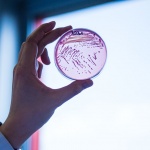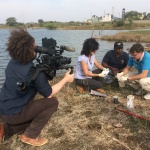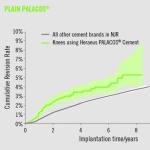
News • Antibiotic resistance
A strain of multidrug-resistant Escherichia coli is on the rise
Antibiotic resistant bacteria lead to infections that are difficult to treat, particularly in hospitals. Multidrug-resistant Escherichia coli bacteria which have developed special enzymes that render antibiotics ineffective frequently cause such infections. DZIF scientists from Gießen University examined these bacteria more precisely and discovered a strain of Escherichia coli that has been…
























